Reality TV shows have faced their fair share of controversial moments throughout the last decade on some of North America’s most popular competition programs. Whether it be Jeff Varner outing Zeke Smith as transgender on Survivor or the infamous “Scandoval” saga on Vanderpump Rules, reality TV has continued to produce moments that often change the lives of contestants both on and off-screen. However, the semi-finals of The Voice Season 22 remains one of the most heated controversies in recent memory, with the finalists chosen for that year’s competition ultimately resulting in online backlash and raised serious questions about the show’s voting process.
‘The Voice’ Faces Backlash After Four Contestants of Color are Voted Out
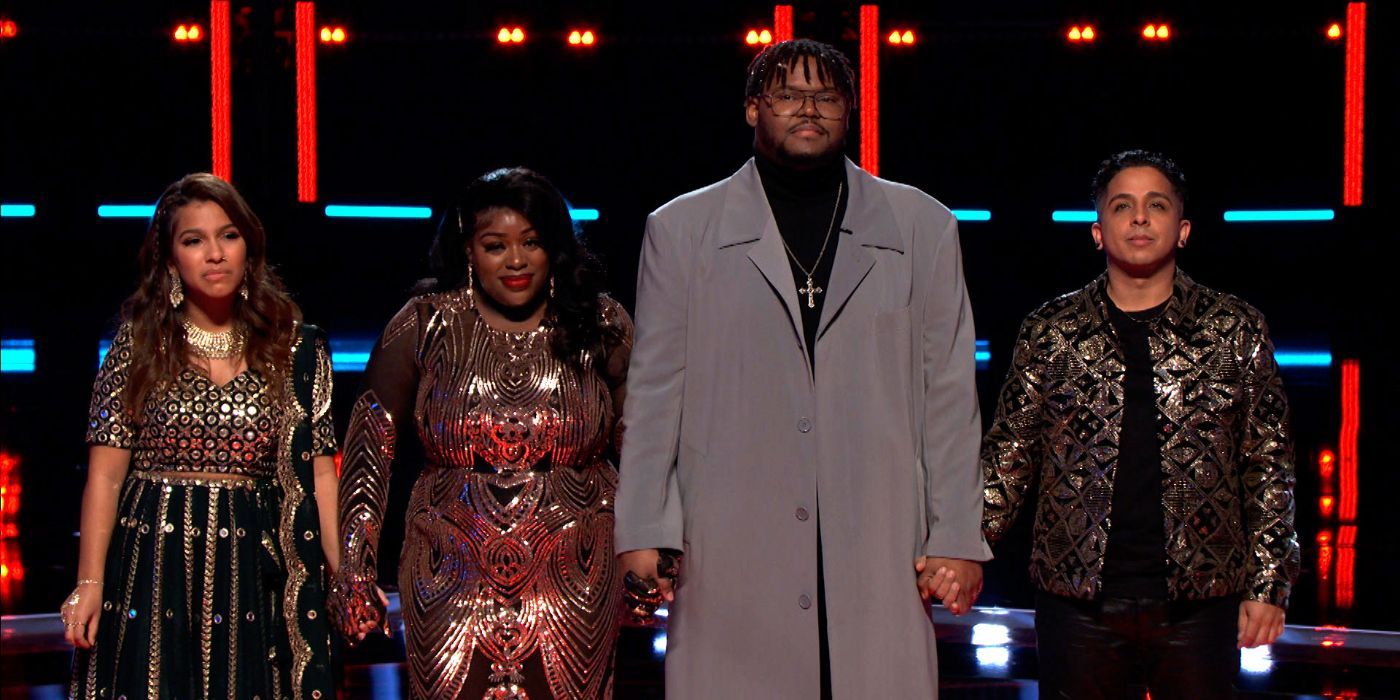
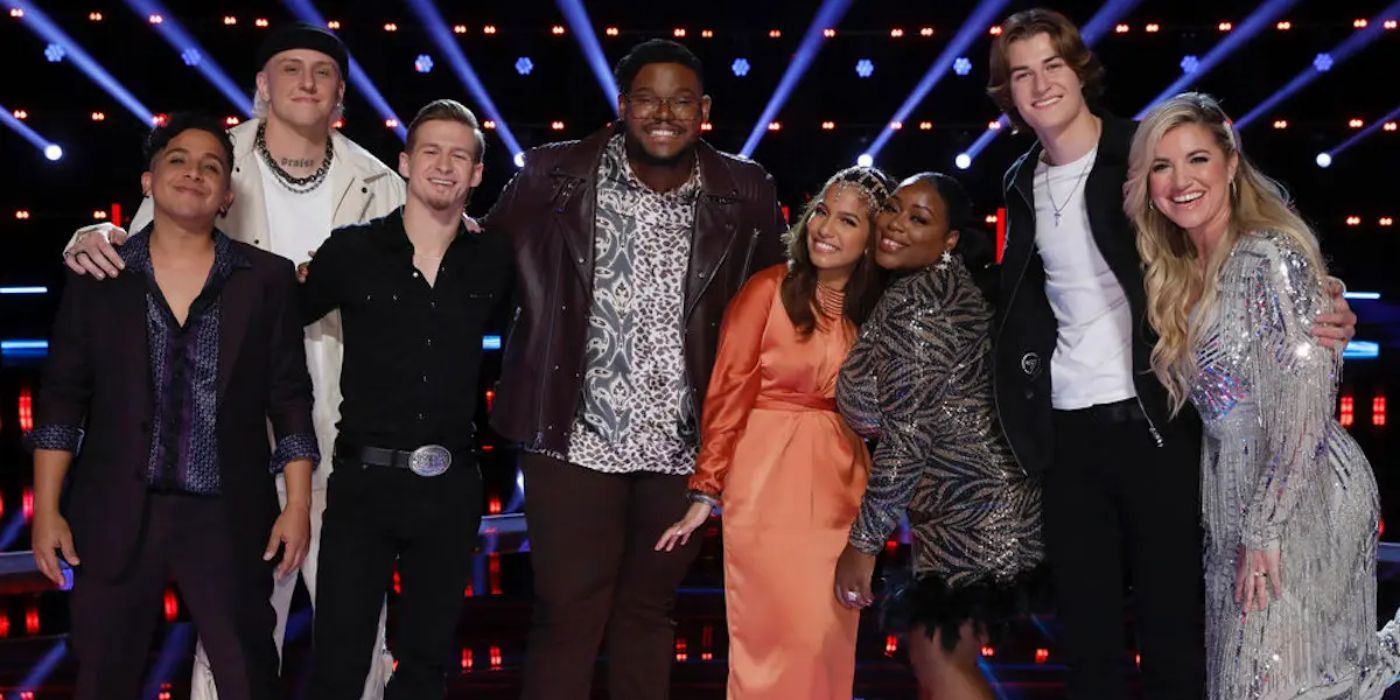
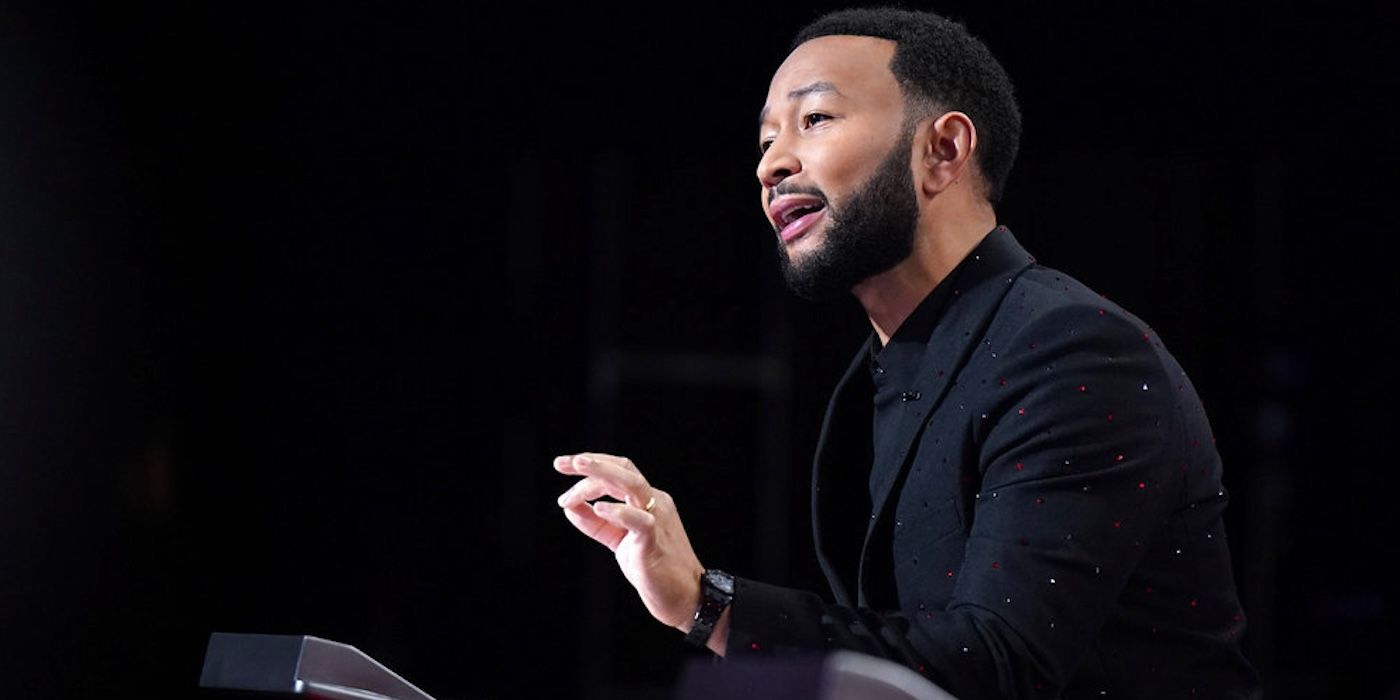
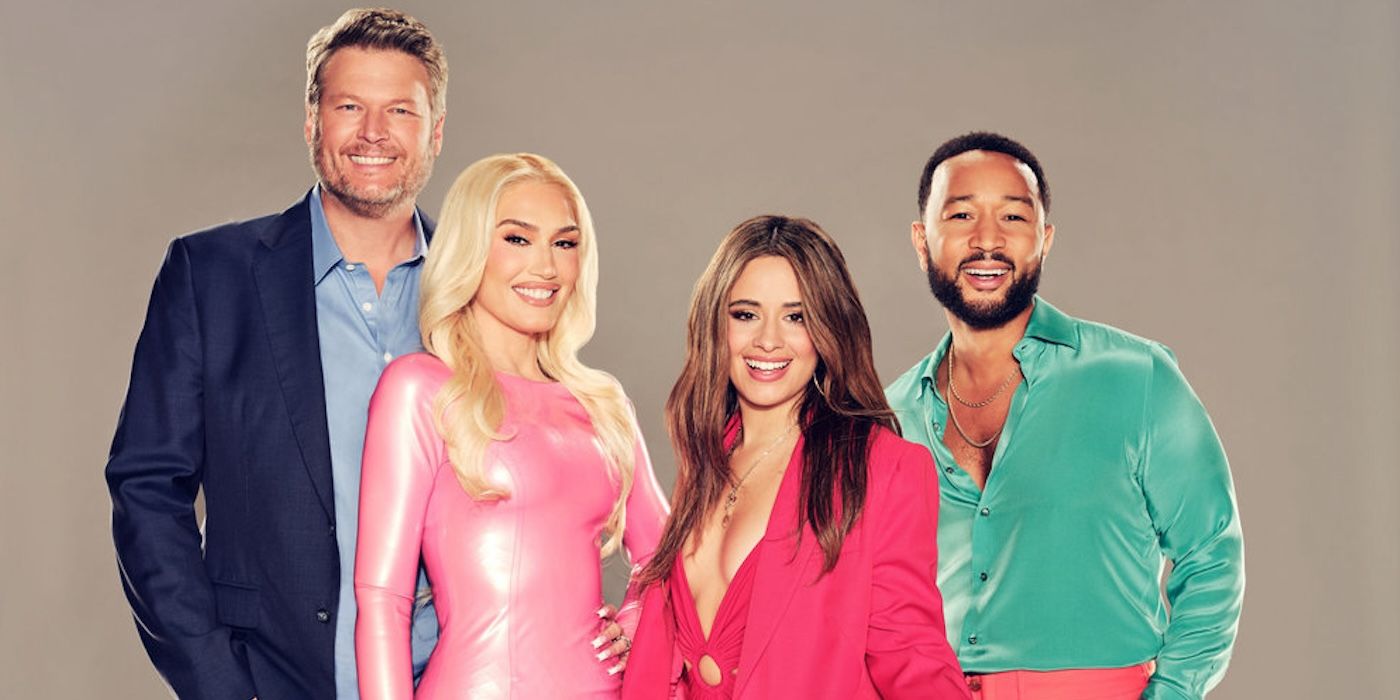
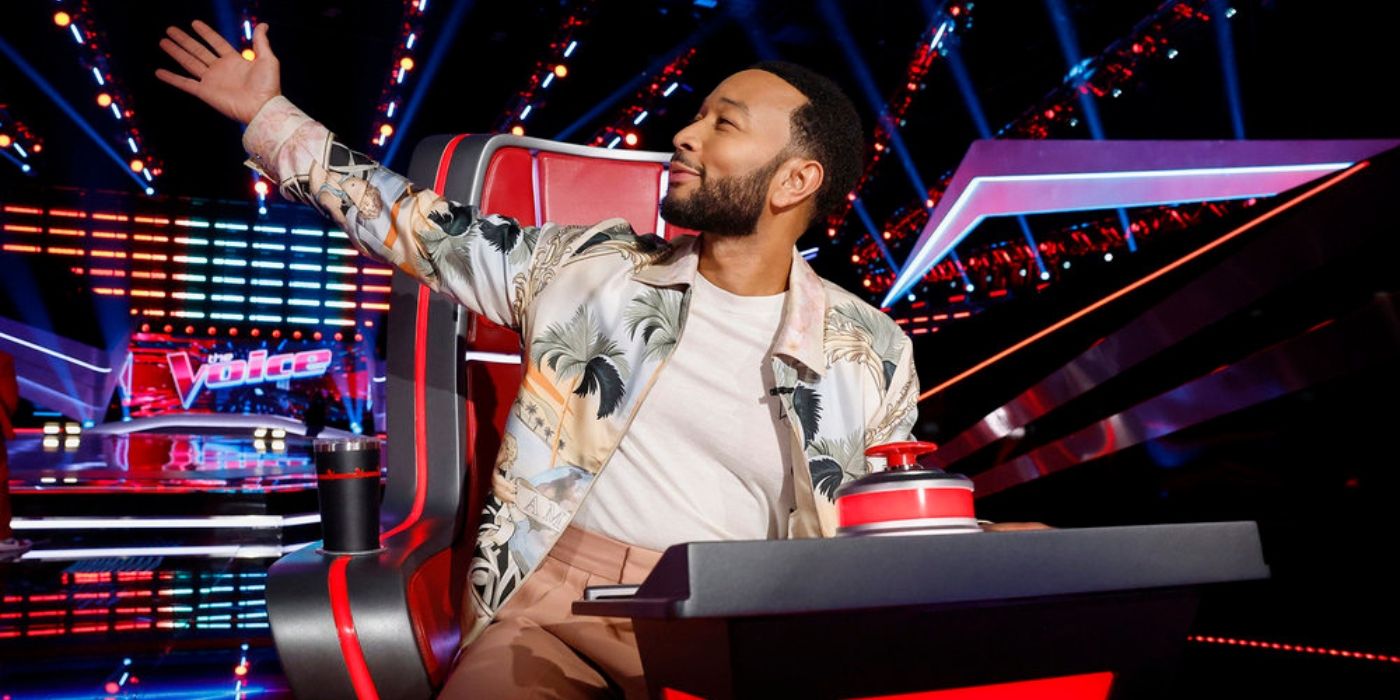
Heading into the semi-finals of season 22, eight talented singers were competing for a spot in the final four to earn themselves a chance at winning the $100,000 grand prize and a recording contract with Universal Music. At this point in the competition, each individual was a strong contender to be crowned champion of The Voice, but the four singers who advanced to the finale seemed to have one visible theme in common. As the votes were revealed, the audience learned that three of Blake Shelton’s acts, Bryce Leatherwood, Bodie and Brayden Lape and Camila Cabello’s last remaining singer, Morgan Myles, all of whom are white contestants, advanced to the finals.
“I love coaching on @nbcthevoice because I get the honor of working with truly special artists who inspire me so much … It was disappointing and mystifying to watch all 3 Team Legend artists and @jaaron_88 have to fight for one remaining spot in the finale.” For weeks, The Voice, NBC and fans of the show were slammed online for being racist, but sadly, this trend of contestants of color being eliminated or not being given a fair opportunity to win reality competitions has been an area of concern for years.
Contestants Have Proven to Be Resilient
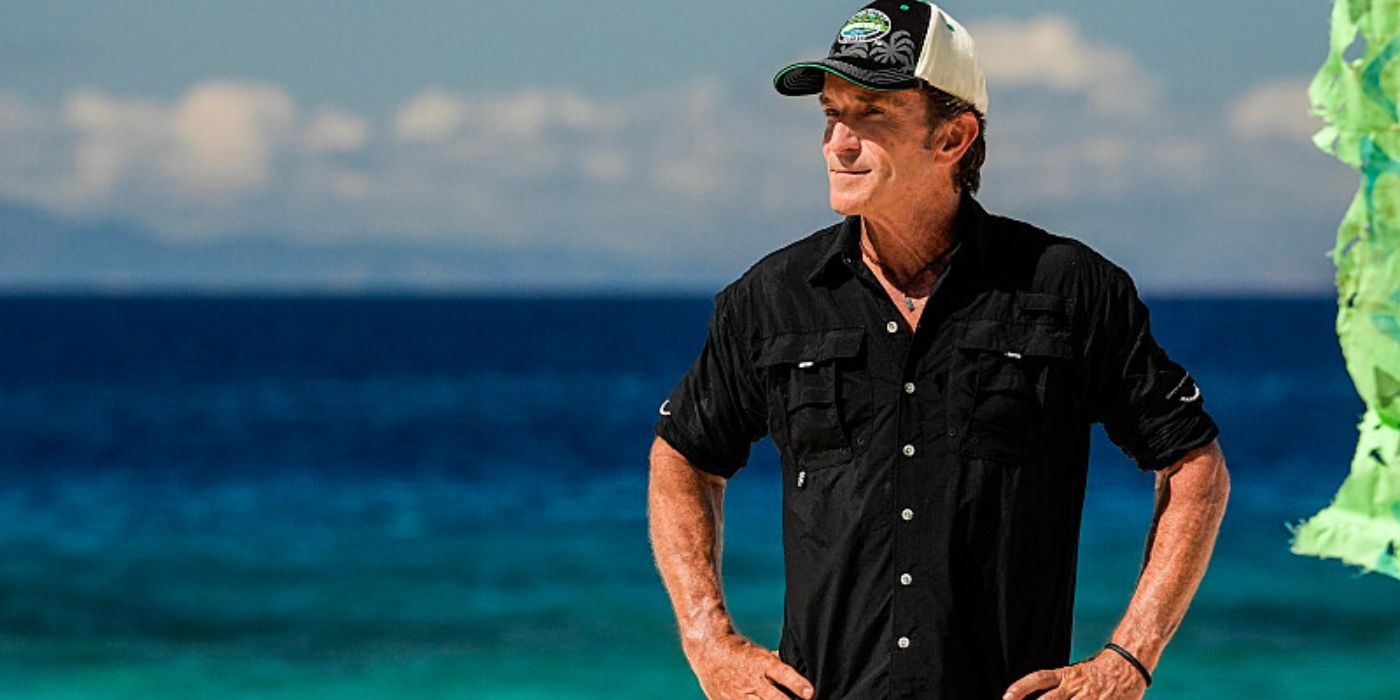
A decade ago, the pattern of non-white players going home early wasn’t new on Survivor, with the number of contestants of color being eliminated within the early days of the game increasing each year since 2010. This trend raised many concerns for Survivor, Jeff Probst, and CBS, who have now made adjustments in today’s era, with the cast of many recent seasons being very diverse. Similarly, Big Brother has had its fair share of racial controversies in the past, but nothing was more insulting than the elimination of Jamar Lee on the Canadian version of the show in 2020.
During the eighth season of the series, Lee was removed from the competition by producers after several contestants claimed they were threatened by him. Unfortunately for Lee, he spent much of his time assuring people that he wasn’t being aggressive, and earned the support from fans of the show who believed any of his confrontations in the house weren’t severe enough to get ejected, with many accusing Big Brother Canada of making the choice based on race. Following the incident, Arisa Fox, who is the host and an executive producer of the show, promised that fifty percent of any cast moving forward would feature Black, Indigenous or people of color.
Although many reality TV shows have gone out of their way to implement strategies to avoid any competition being influenced by race, several contestants and fans today still choose to place their vote based on a person’s skin tone, even if it’s not blatant. It also continues to be a reason why there are so few winners that are people of color, including on The Voice, with eight of the last ten champions of the show being white. Cameras may not show racism taking place on these programs as often anymore, and there definitely has been an improvement in the industry over the last decade, but the race of a contestant influencing player or fan voting is still very present.

